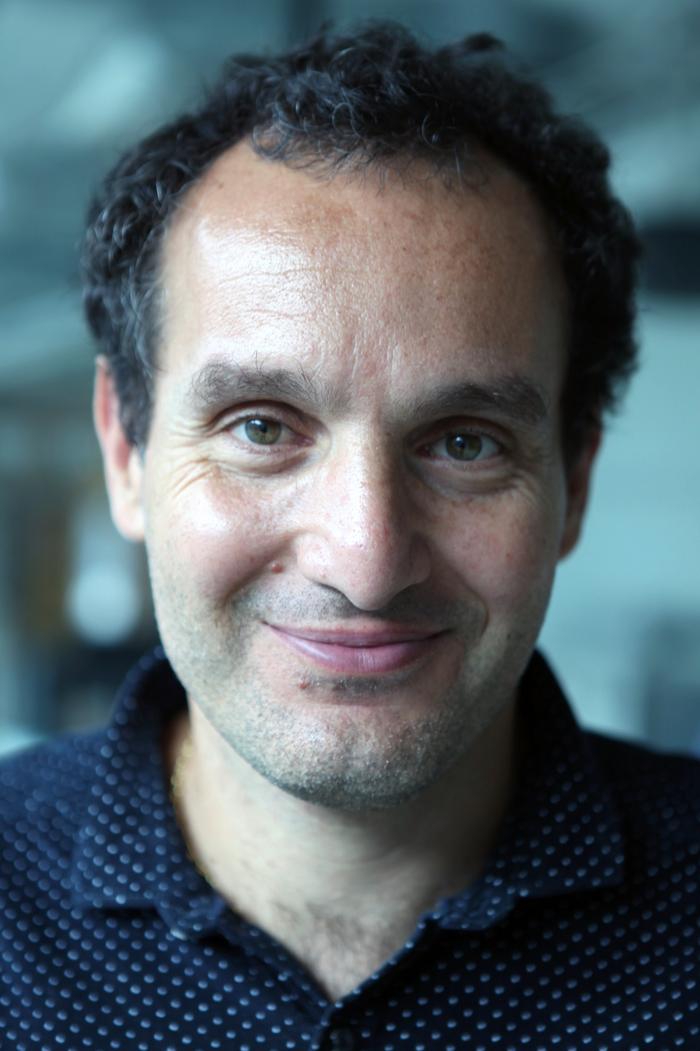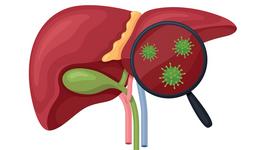CRISPR in vivo genome editing with no detectable off-target mutations. Interview: Marcello Maresca (AstraZeneca).
CMN Intelligence - The World’s Most Comprehensive Intelligence Platform for CRISPR-Genomic Medicine and Gene-Editing Clinical Development
Providing market intelligence, data infrastructure, analytics, and reporting services for the global gene-editing sector. Read more...
(Interview is condensed and edited for clarity)

- Thank You very much for taking the time to talk to us. One of the challenges in CRISPR genome editing - especially for therapeutic applications - is unintended off-target mutations, but there is a discrepancy over the nature of on- and off-target effects in the field. Why do You think that is?
There are different reports about the off-target effects of CRISPR, and the problem is that a lot of reports were done in cell lines using plasmid transfection.
That is a 'worst-case scenario' where you have a lot of the Cas9 enzyme and in cells that are prone and resistant to genetic re-arrangement. Moreover, different reports use different quality of guide RNA - so for each guide RNA, there are this different on-target/off-targets associated with it. If you don't design your guide RNA well, you probably will end up with a terrible outcome.
- And You have been studying how to lower the off-targets?
Yes, we have been working with some collaborators on addressing this off-target effect of CRISPR in vivo. We find that with a well-designed guide targeting the PCSK9 gene, we tend to have no detectable off-target mutations in vivo. But keep in mind that there are detection limits of the next-generation sequencing technique that we are using to evaluate the off-target effect.
Detecting off-targets in vivo
- Can You tell me a bit more about the work?
We worked with two collaborators - one is Professor Keith Joung at Massachusetts General Hospital. We developed an approach that we call VIVO 'Verification of In Vivo Off-targets' using a system that Keith developed called CIRCLE-seq to predict possible off-targets.
We validated predicted off-targets in our animals treated with Cas9 and a guide RNA. In these animals, we saw an excellent efficiency of on-target editing, and, reassuringly, we didn't have any detectable off-target in the sites that we predicted with CIRCLE-seq.
- And the other collaboration?
We did a second collaboration with Professor Jacob Corn to apply another system that Jacob's team invented named DISCOVER-seq. We also noticed with DISCOVER-seq that we don't have any detectable off-target in vivo.
Both approaches are based on validation in vivo of experimental data, but we are still trying to understand the rules of how to design a safe guide RNA, and we will need more experiments to address this.
CRISPR to generate disease models
- So this seems promising for CRISPR gene therapies?
Yes, but off-target indels are just one of the problems that are associated with CRISPR treatment. For example, there may be immunogenicity of Cas9 and other more complex re-arrangement of DNA that we didn't check in our assays. So we need to do more CRISPR safety studies before taking it to the clinic.
- And what are you aiming to use CRISPR for at AstraZeneca?
We are mainly using CRISPR to generate animal and cell models of disease and for target identification/validation. As a company, we develop drugs. Therefore we need validated targets and disease models where we can test our drug. We work on several diseases from oncology to cardiovascular to respiratory/inflammation diseases. For CRISPR as gene therapy, we are currently working on possible targets, but our work is at a very early stage.
- Using CRISPR to make disease models and validate targets will have a significant impact?
Yes, I think in the short term, it will have the most impact on human health. Not just at AstraZeneca but most pharma companies are using CRISPR for so-called 'target identification and validation' - to find suitable targets for drug treatment.
One of the reasons why many drug projects fail is not because we don't develop good drugs, but because we don't have good targets. So we tend now to use CRISPR to come up with good targets - that is, a target that, if modulated by a drug, will treat the pathological consequences of the disease. For any illness, that is a different target.
“When we can make a better target, we can make drugs that can better treat diseases”
This will have a significant impact on human health in the short term: When we can make a better target, we can make drugs that can better treat diseases. In the long term, for sure, using CRISPR or other genome editing technologies as therapy will have a big impact.
To cure rather than treat
- To finish off, what about CRISPR is most exciting to You?
Lots of things, but for sure, the use of CRISPR Cas9 to cure and not just treat diseases is something that, as a human being, I think, is the most appealing thing. And as a scientist, the fact that is such a cool technology you can discover new things, you can apply this discovery to several effects - drug treatment, safety or drug development, so there is something that keeps us busy.
Marcello Maresca
Marcello Maresca is an associate director at AstraZeneca, leading the Precise Genome Editing group. There he supervises the strategy for the generation of advanced cellular and animal models of disease and therapeutic genome editing activities. He obtained his Ph.D. in Molecular Biology from Max Planck Institute of Molecular Cell Biology and Genetics in Dresden. Maresca did his postdoctoral work at the Novartis Institute of BioMedical Research, working on the development of genome editing tools in drug discovery.
Tags
CLINICAL TRIALS
Sponsors:
Base Therapeutics (Shanghai) Co., Ltd.
Sponsors:
Base Therapeutics (Shanghai) Co., Ltd.







